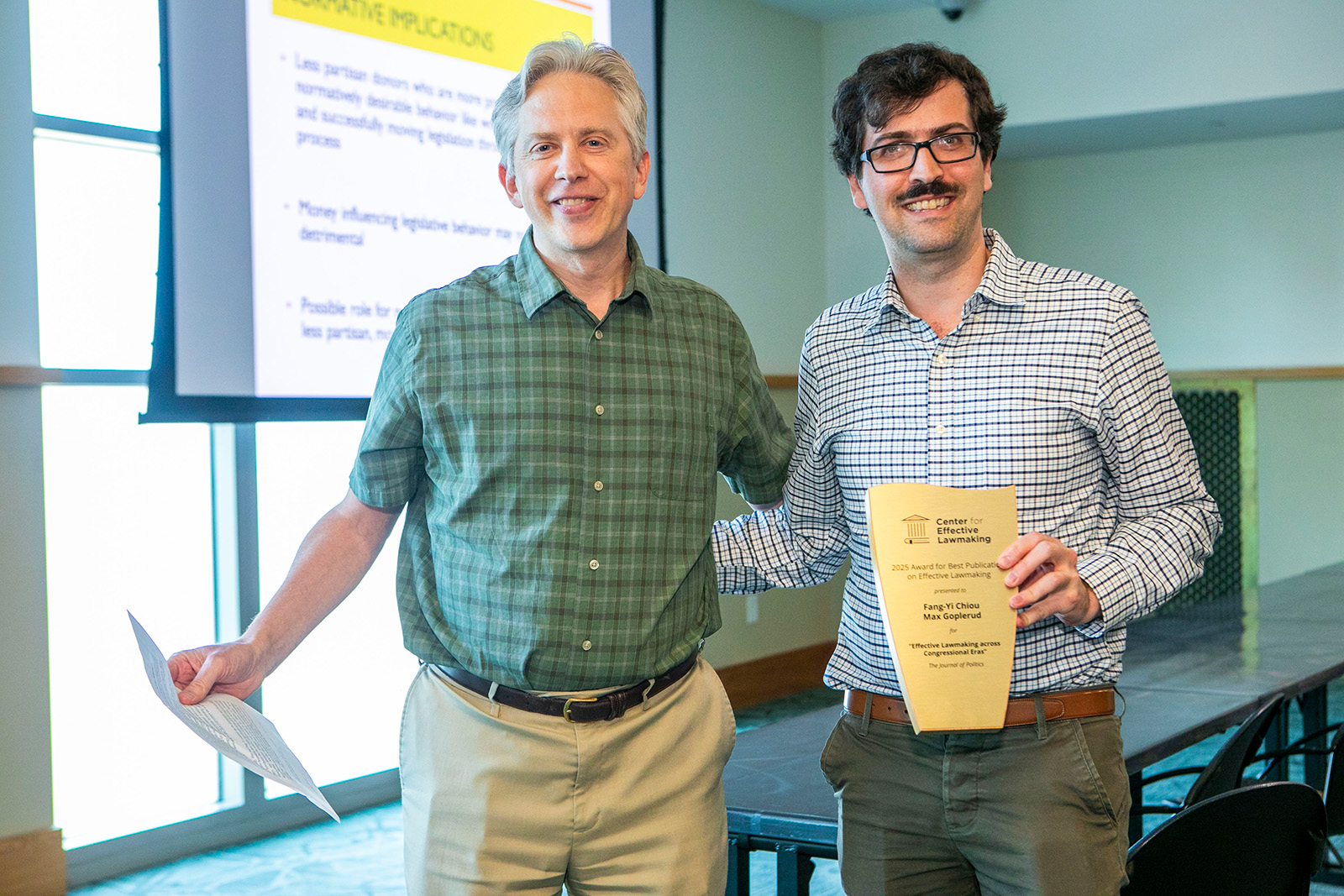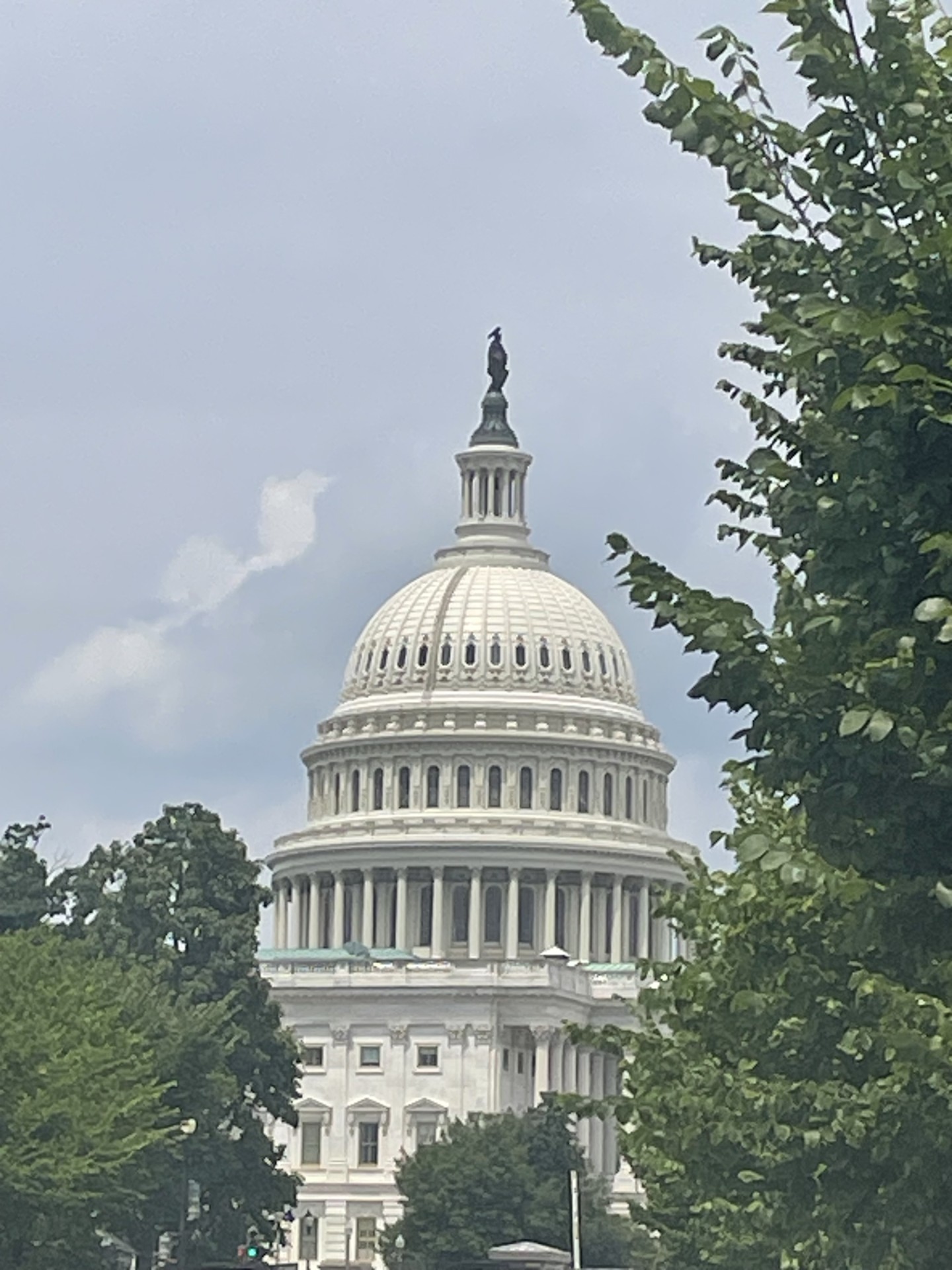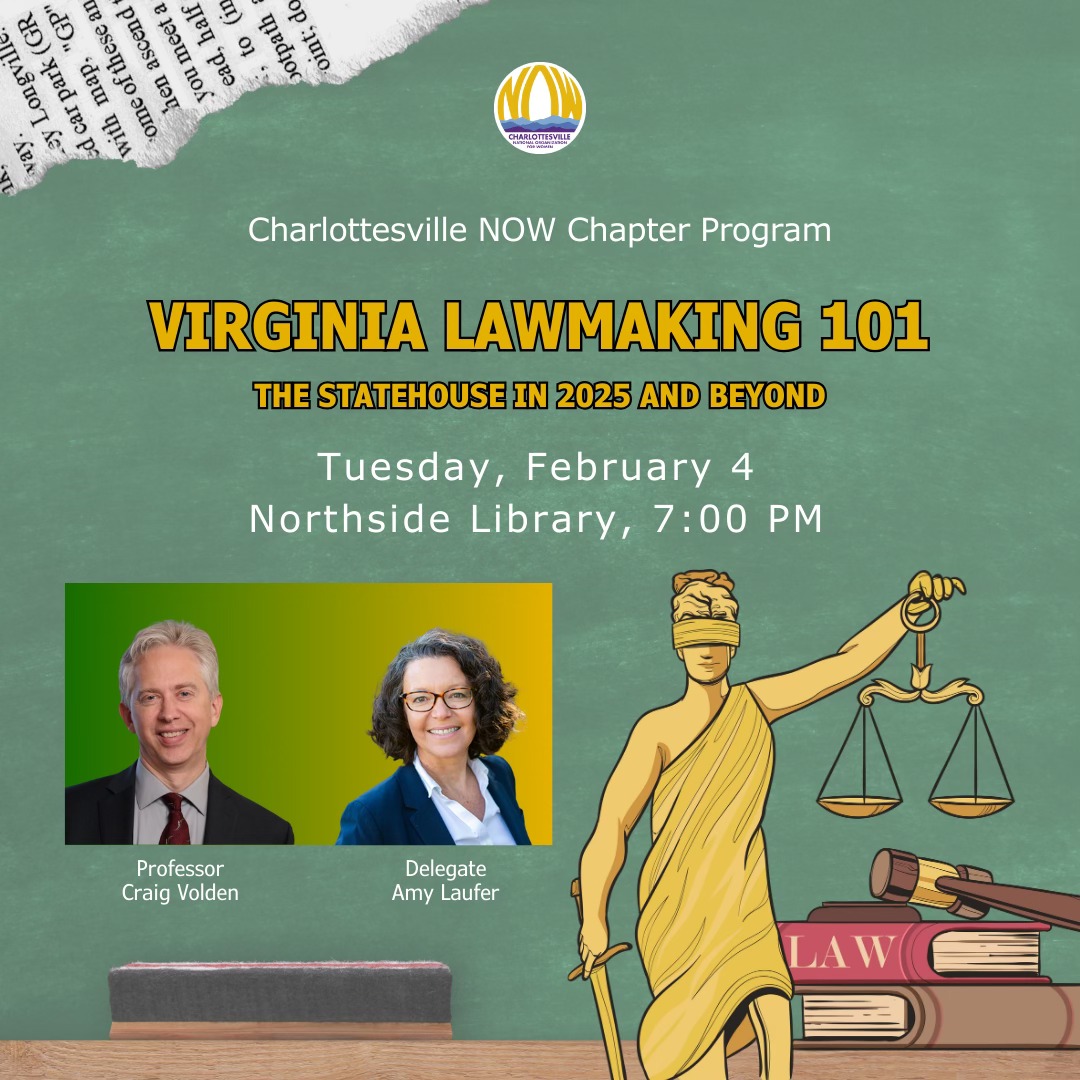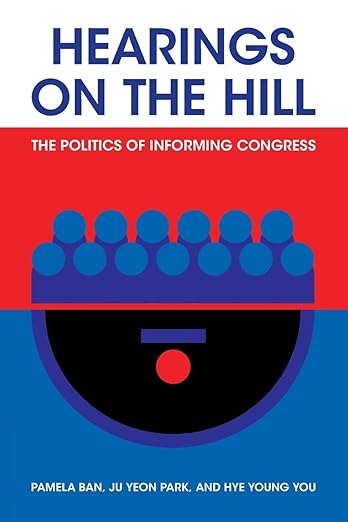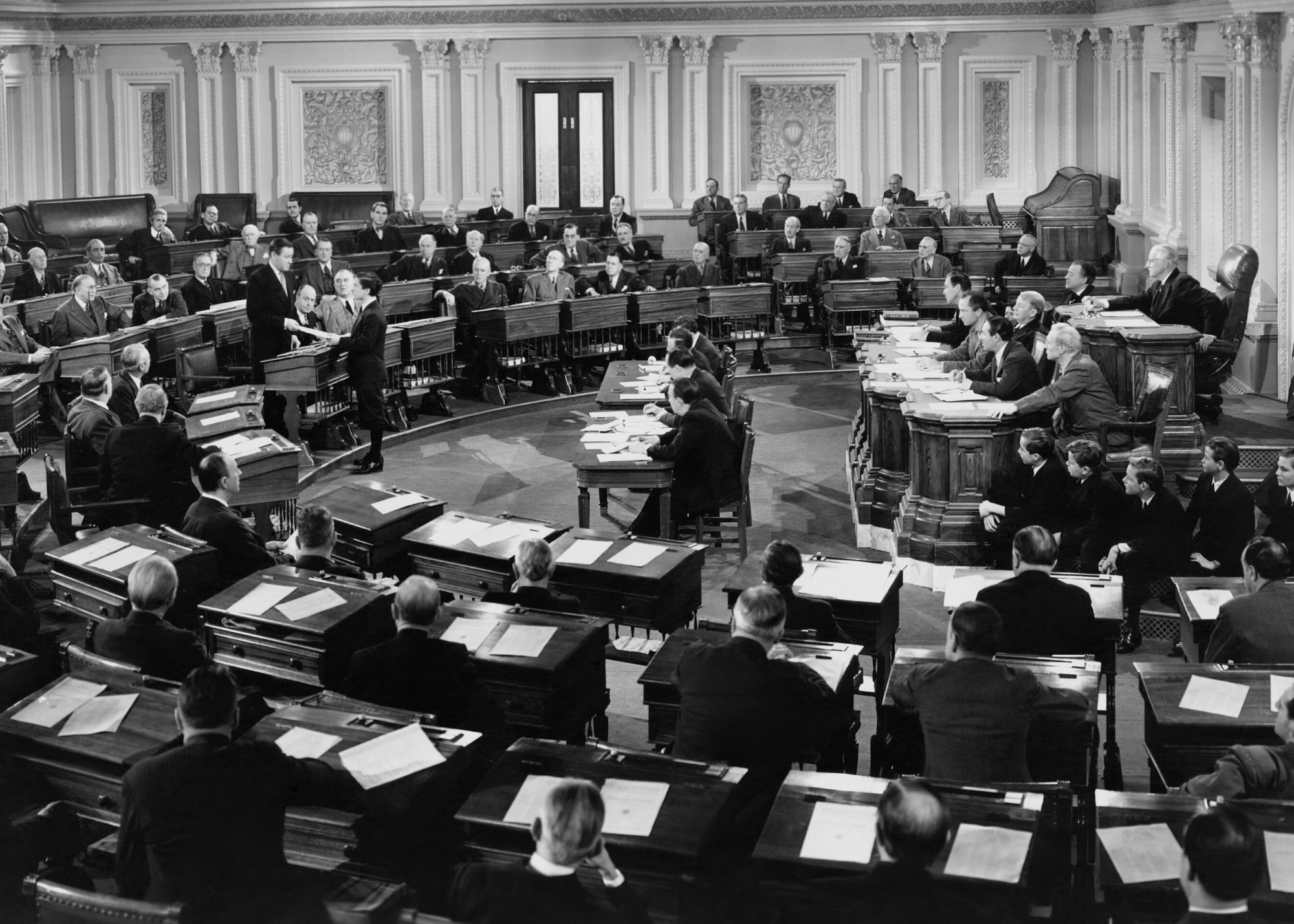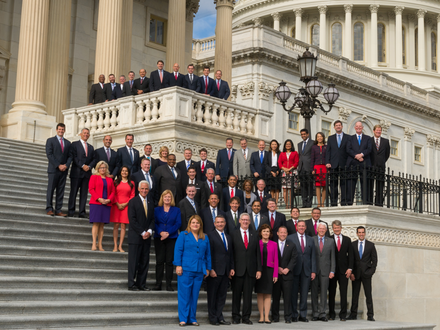Strategies of Control: Members of Congress and Policy Outcomes
Strategies of Control: Members of Congress and Policy Outcomes Monday, June 23, 2025 Members of Congress enter their roles with various policies they hope to implement, but passing legislation is difficult. Lawmakers spend their tenure navigating complex procedures and institutional barriers created by the legislative process and the separation of powers. In this published paper in Legislative Studies Quarterly, Assistant Professor Erinn Lauterbach (Villanova University and Center for Effective Lawmaking Faculty Affiliate) and Associate Professor Melinda Ritchie (The Ohio State University) investigate how members of the House of Representatives leverage…


